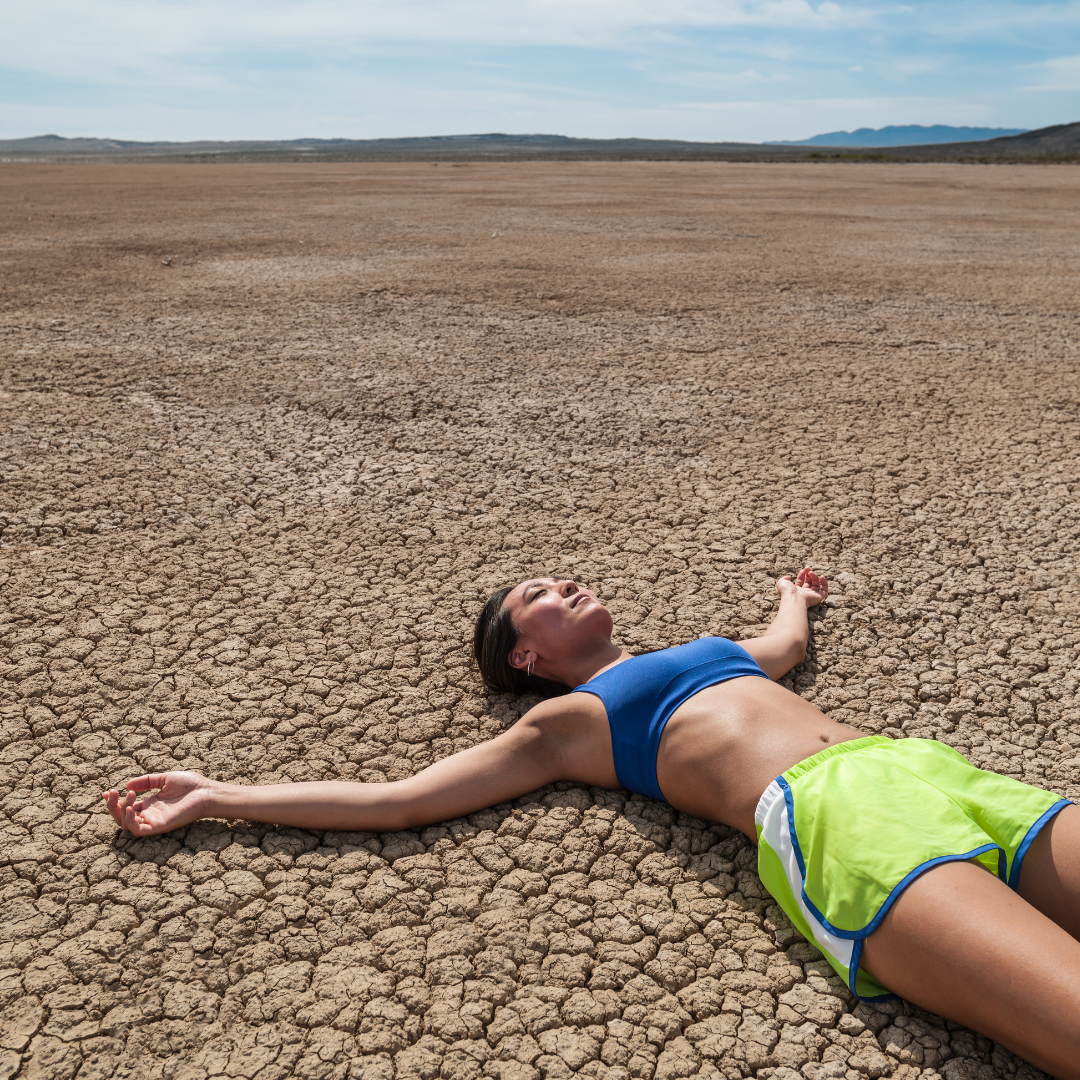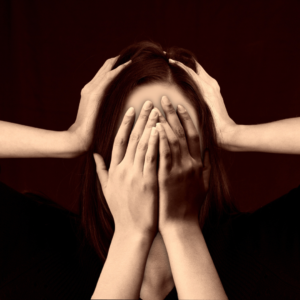
Dehydration is a serious problem that affects people of all ages and from all walks of life. While those who have been drinking water for a while might be able to compensate by increasing their water intake, those who have been drinking too much alcohol or not enough water can also suffer from dehydration. In fact, some people have reported feeling dizzy, nausea, and fainting after a few drinks. Others have even been known to faint on the street due to the effects of dehydration.
Dehydration is one of the most common conditions affecting millions of people worldwide. The body can lose fluids without noticing any symptoms, and it can be extremely dangerous to become dehydrated.
What is Dehydration
Dehydration is the process by which our bodies lose water or body fluids. This may not sound like an issue, but when the body’s water content becomes lower than normal, it can result in dizziness, fatigue, headaches, and various other symptoms.
Dehydration can occur when you are in a hot or humid environment when you are exercising intensely, when you are traveling, or when you are sick. Dehydration can lead to fatigue, heatstroke, heat exhaustion, cramps, headaches, nausea, vomiting, dizziness, low blood pressure, fainting, and more. If you are in a hot or humid environment, drink water to avoid or reduce the risk of dehydration. It may also be a good idea to invest in an air conditioner to keep your body cool. If you have one and are having problems with it, have it checked out by a professional from an AC Repair Company so you can relax during the hot weather.
Causes of Dehydration
Dehydration is a condition that can lead to a host of problems, from mild to debilitating. Your body will lose fluids if you don’t drink enough water, so it’s important to keep yourself hydrated. But, water alone won’t do the trick. Other factors are also at play, including other fluids you consume, the climate you live in, and other environmental factors.
If you have been suffering from tiredness, headaches, nausea, dizziness, and insomnia, you probably have been suffering from dehydration. Dehydration is a serious condition that can cause a host of health problems, ranging from mild to severe. More severe cases result in muscle fatigue, fainting, and even death.
When you’re dehydrated, you breathe less oxygen and take in less water through your lungs. This can cause dizziness, fainting, and impaired cognitive function. If left unchecked, serious health problems can develop.
What will happen if you get dehydrated?
Dehydration can lead to some serious health problems, including headaches, dry skin, nausea, fatigue, confusion, and if left unchecked, it can lead to death. The severity and number of symptoms can vary depending on the cause and level of dehydration. Dehydration affects the way the body handles and utilizes water and is a serious condition that can be prevented and treated at home.
Tips To Avoid Dehydration
Dehydration is a very common medical issue that has many causes, including natural causes, while some are clearly environmental. If you drink a lot of water, it is important to make sure you drink enough- if you don’t, your body can become dehydrated, which can affect your health.
The idea of being hydrated is an important one, but it can often be difficult to know if you are drinking enough water. This is mainly because the body is constantly losing water through your skin, breathing, and excreting.
- Drink plenty of water
- Drink a glass of water before bedtime
- Drink a glass of water before going to sleep
- Drink at least two liters of water a day
- Eat plenty of fruits and vegetables
- Use a humidifier during the cold winter
- Reduce alcohol consumption
- Avoid too much caffeine
- Eat a balanced diet
- Exercise regularly
- Keep your body as cool as possible
- Keep a reusable water bottle with you at all times
Keeping yourself hydrated (or ‘dehydrated’) is essential for your health. However, dehydration can become a serious health problem, especially when it is combined with other health issues. Excessive dehydration can be dangerous and can affect how your body functions. Dehydration plays a key role in many common health problems, including headaches, constipation, fatigue, heartburn, muscle cramps, and vertigo.
Moreover, dehydration can lead to skin issues as well including dry and flaky skin, itching, rash, wrinkles, etc. To avoid these issues, it’s essential that you intake the necessary amount of water daily and maintain indoor humidity with the help of an air conditioner and humidifier. Moreover, also avoid using tap water since it can damage the device for which you can buy distilled water from a local seller or through an online website.
Conclusion:
We all know that dehydration is bad for our health, but the exact way it affects us varies from person to person. Because different people can be affected in different ways, there are different ways to prevent dehydration. Dehydration can be prevented in different ways, from drinking more water to eating foods with less water in them.



